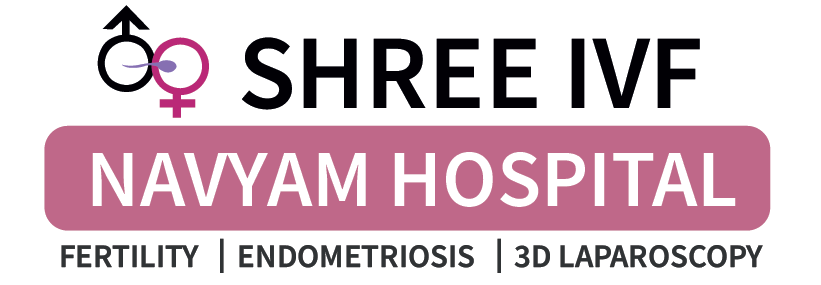🩺 Non-Obstructive Azoospermia (NOA)
Non-Obstructive Azoospermia is a condition where the testes produce little or no sperm due to impaired sperm production, not because of a physical blockage. It is a common cause of male infertility.
✅ Key Points:
- Cause: Sperm production failure (due to genetic, hormonal, or testicular issues).
- Symptoms: No sperm in semen, but normal ejaculation.
- Diagnosis: Semen analysis, hormone tests, and testicular biopsy.
- Treatment: Hormone therapy, sperm retrieval (Micro-TESE), or IVF with ICSI.
- Prognosis: IVF with ICSI offers a chance of pregnancy if sperm is retrieved.
🩺 Non-Obstructive Azoospermia (NOA)
Definition: A condition where the testes produce little or no sperm due to impaired sperm production, not a blockage.
✅ Causes:
- Genetic factors: Klinefelter syndrome, Y-chromosome microdeletions.
- Hormonal issues: Low testosterone or high FSH.
- Testicular damage: Trauma, radiation, or chemotherapy.
- Idiopathic: Unknown cause.
🔍 Symptoms:
- No sperm in semen.
- Normal ejaculation.
- Possible small or soft testes.
🧪 Diagnosis:
- Semen analysis → No sperm.
- Hormone testing → High FSH, low testosterone.
- Testicular biopsy → Confirms sperm production failure.
- Genetic testing → To detect chromosomal issues.
💉 Treatment:
- Hormone therapy: To improve sperm production.
- Sperm retrieval: Micro-TESE (microsurgical testicular sperm extraction).
- IVF with ICSI: If sperm is successfully retrieved.
- Donor sperm: If no viable sperm is found.
✅ Prognosis:
- IVF with ICSI offers a chance of pregnancy if sperm is retrieved.
- Hormone therapy may help in mild cases.


